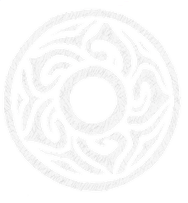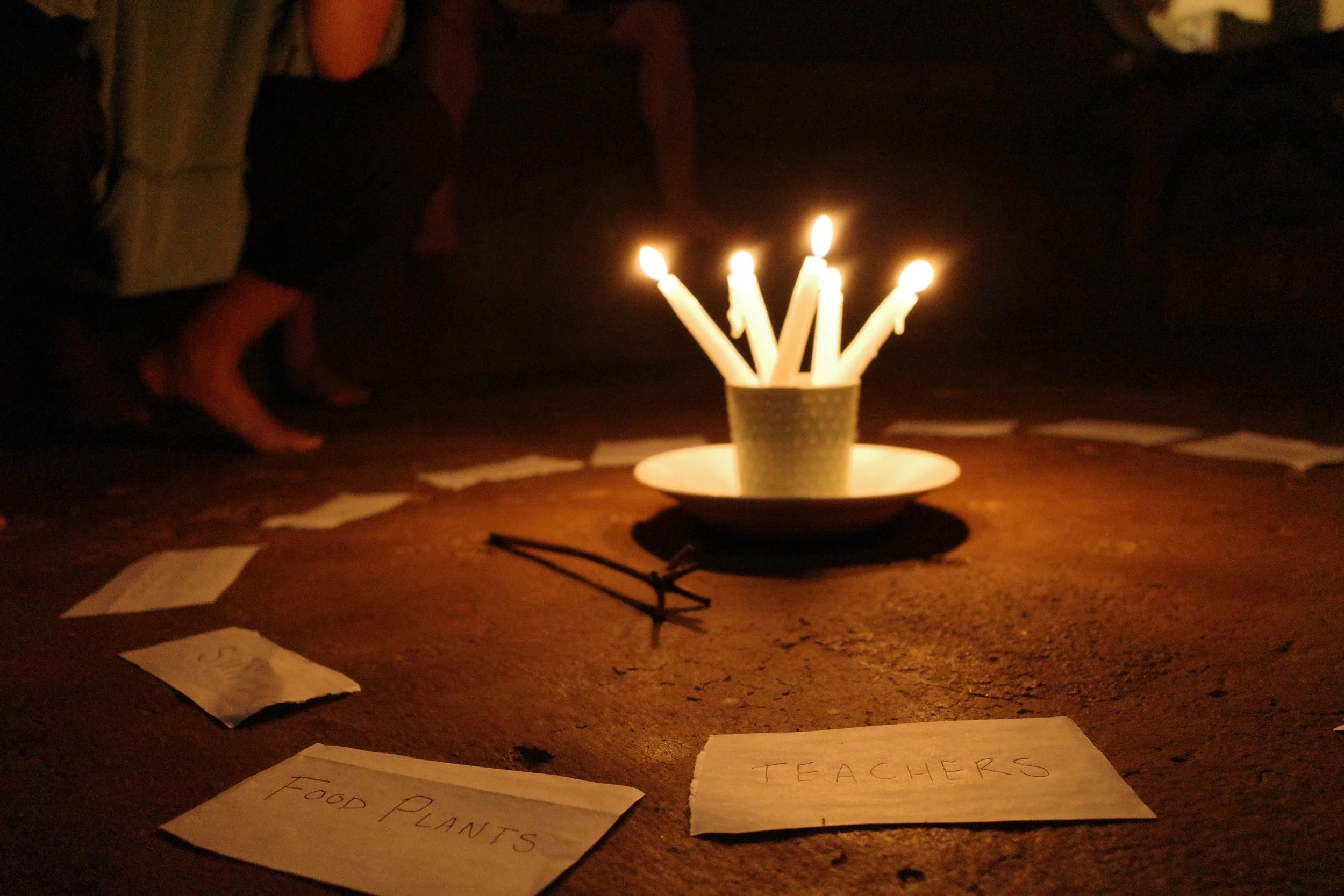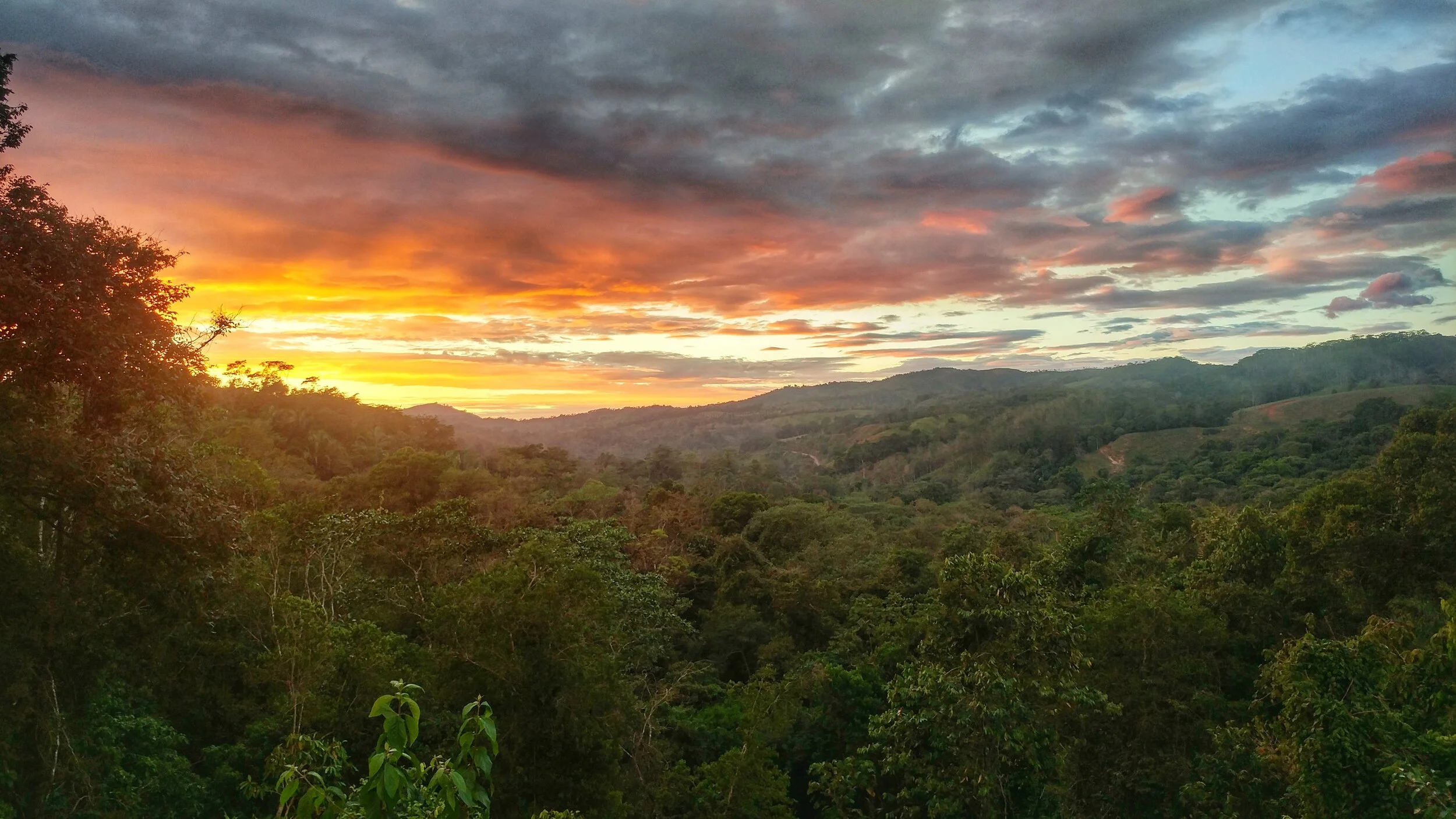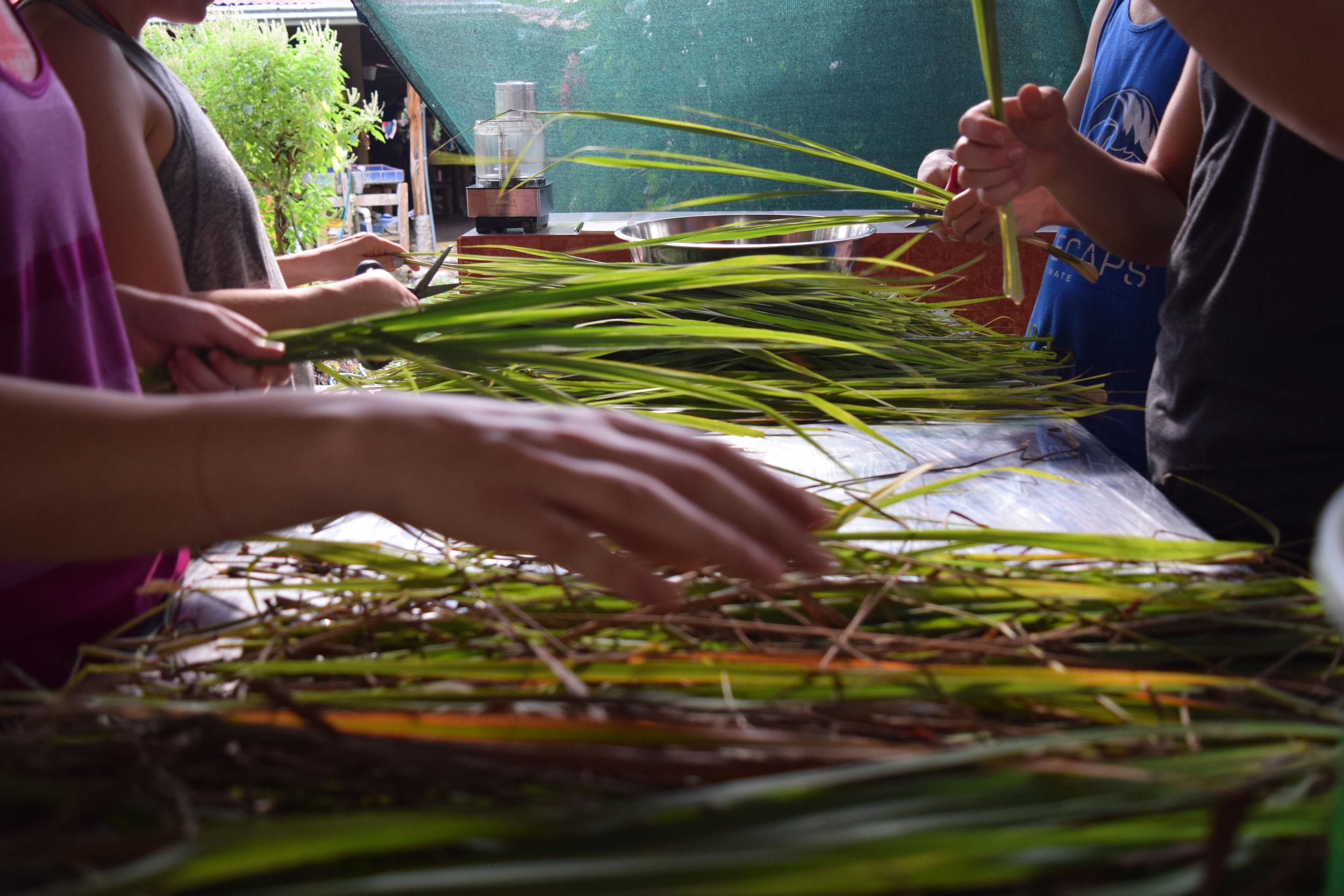Are ethics universal, or are they subjective, governed by individual attitudes and circumstances? And if that is the case, how can anyone be sure that they have “good ethics” and are always making the right decision? And by what means can we design a future in which every choice leads to the wellbeing of all humanity and to the wellbeing of the planet?
La Importancia de la Permacultura
La creciente crisis social y medioambiental nos ha obligado a buscar métodos y procesos alternativos que reduzcan el impacto humano en la naturaleza y nuestro entorno. Como una de las principales alternativas de cambio, la Permacultura constituye un sistema donde se combinan la vida de los seres humanos de una manera respetuosa y beneficiosa con los animales y plantas, y donde se logran implementar soluciones de menor impacto medioambiental para satisfacer las principales necesidades humanas
Poop: The Secret to Sustainable Solutions
Poop. Shit. Mierda. Caca. Crap. Boñiga. Excrement. Feces. Dung. There are countless ways to say what comes out of an animal’s body as solid waste. As most visitors to the Ranch realize soon after their arrival to Mastatal, we talk about poop more than the average learning center or household, and it’s not uncommon for it to be the center of a meal conversation.
Transition Ethics: The Art of Compromise
Permaculture Design is many things to many people, but one of its pillars is a set of three ethics. These as originally laid out by Bill Mollison are
- Care of the Earth
- Care of People
- Redistribution of the Surplus
These are our primary directives for how to act to sustain the earth. Or on a simpler level these are the ways to a good life.





